Gardening and Mental Health: 6 Ultimate Benefits of Home Gardening
Introduction
When we hear the terms gardening and mental health, it sparks our imagination and gives us a sigh of relief since, in today’s fast-paced, technology-driven world, it is becoming increasingly difficult to find peace and serenity. The stresses of daily life, combined with the constant bombardment of information and stimuli, can hurt our mental well-being. In such times, seeking refuge in nature has proven to be a salve for the spirit. Home gardening is one of the most accessible and enjoyable ways to engage with the natural world.
Aside from the delight of tending plants and watching them flourish, home gardening has a slew of mental peace advantages that can considerably boost overall well-being. I experience these benefits off and on and share them in my blogs.
1. Gardening and Stress Reduction
Home gardening has evolved as a scientifically validated technique of stress relief, with multiple studies emphasizing its therapeutic advantages. Gardening activities produce a physiological reaction that promotes relaxation and lowers stress levels.
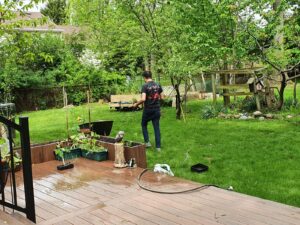
According to research published in the Journal of Health Psychology, gardening can reduce cortisol, the stress hormone, resulting in a better mood and overall well-being. Gardening involves repeated chores such as planting, weeding, and watering, which enhance mindfulness by shifting focus away from stressors and onto the present moment.
A study conducted by the University of Bristol also discovered that exposure to green places, such as gardens, might greatly benefit psychological wellness by reducing symptoms of despair and anxiety. The sensory experience of gardening, which includes the sight, smell, and touch of plants, boosts the production of endorphins, the body’s natural mood enhancers.
Furthermore, gardening promotes physical activity, which has been shown to relieve stress and anxiety. The mix of fresh air, sunlight, and physical activity stimulates the body and mind, encouraging relaxation and well-being.
2. Physical Activity
Home gardening is more than just growing plants; it is a scientifically established strategy to improve physical wellness. Research has continually proven that gardening activities provide numerous health benefits, all supported by scientific data.
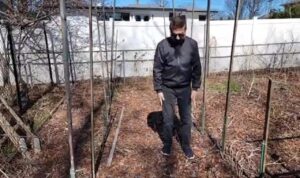
To begin, gardening is a moderate-intensity activity that includes activities such as digging, planting, and weeding, all of which can help to improve cardiovascular health, muscle strength, and flexibility. I used to do all these activities very often and shared them in my vlogs. A study published in the American Journal of Public Health discovered that regular gardening is related to a decreased risk of obesity and a better body mass index (BMI) than non-gardeners.
Furthermore, spending time outside in the garden exposes them to natural sunlight, which increases vitamin D levels. Vitamin D supports bone health, immunological function, and mood management. According to research published in the Journal of Investigative Medicine, vitamin D insufficiency increases the risk of several chronic diseases, including cardiovascular disease, cancer, and autoimmune disorders.
Furthermore, planting and eating homegrown fruits and vegetables promotes a nutrient-dense diet by supplying critical vitamins, minerals, and antioxidants. According to research, people who cultivate their own produce are more likely to consume a larger range of fruits and vegetables, which leads to better nutritional results and a lower risk of chronic diseases.
3. Sense of Accomplishment
Home gardening is more than just growing plants; it is a path of personal development and accomplishment backed up by scientific data. Gardening activities produce concrete outcomes that increase self-esteem and promote a sense of accomplishment.
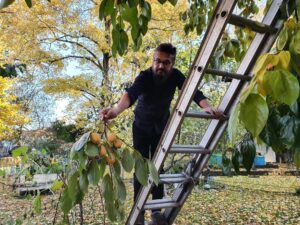
Scientific research has proven that watching the growth and development of plants grown with one’s own hands instills a great sense of accomplishment. A study published in the Journal of Environmental Psychology discovered that gardeners had greater levels of self-esteem and perceptions of competence than non-gardeners. Caring for live organisms and watching them grow from seeds to flourishing plants fosters a sense of mastery and control over one’s surroundings.
Gardening also provides a sense of purpose and fulfillment, as people take pride in the beauty and production of their gardens. According to research published in the Journal of Aging and Health, gardening can improve feelings of purpose in life, particularly among older persons, resulting in higher overall life satisfaction.
In conclusion, home gardening is a tangible outlet for personal growth and accomplishment, providing a sense of mastery, purpose, and pride. So, roll up your sleeves, dig in the earth, and feel the profound delight of creating life in your own backyard!
4. Mental Health While Connected to Nature
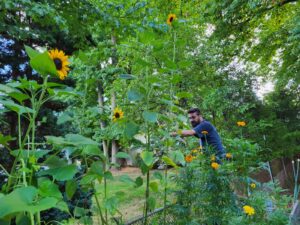
Home gardening acts as a conduit for deepening our connection to nature, a tie reinforced by scientific research. Gardening activities allow people to immerse themselves in the natural world’s rhythms and cycles, which fosters a deep sense of interconnectedness.
According to research, spending time in green places like gardens improves mental well-being. A study published in the International Journal of Environmental Research and Public Health discovered that exposure to nature, even in metropolitan areas, is linked to lower levels of stress, anxiety, and sadness. Gardening is a hands-on method to experience nature’s healing properties, which promote relaxation and emotional equilibrium.
Gardening also fosters an appreciation for nature’s unique beauty and complexity. According to studies, people who garden gain a better awareness of ecological concepts and a stronger sense of environmental care. A research published in the journal Environmental Education Research discovered that gardening activities for children improved their understanding of biodiversity and conservation.
5. Therapeutic Benefits
Home gardening is more than just a hobby; it is a therapeutic journey backed by scientific facts. Gardening has been proven to have a significant impact on mental and emotional well-being, offering a natural avenue for healing and self-discovery.

According to scientific studies, gardening can help with stress, anxiety, and depression symptoms. A study published in the Journal of Health Psychology discovered that gardening resulted in significant reductions in cortisol levels, the stress hormone, as well as mood improvements among participants. Nurturing living plants and tracking their growth cycle promotes a sense of purpose and accomplishment while also increasing self-esteem and resilience.
Additionally, gardening has been used as a therapeutic intervention in a variety of clinical situations. Horticultural therapy, which uses gardening activities to promote physical, emotional, and cognitive well-being, has been demonstrated to be useful in treating a variety of diseases such as PTSD, substance misuse, and dementia. According to research published in the Journal of Clinical Nursing, horticulture therapy programs improved participants’ mood, socializing, and general quality of life.
6. Social Connection
Home gardening is not just a solitary pastime, but it also serves as a stimulant for forming social bonds, according to scientific research. Gardening promotes a sense of community and camaraderie, allowing people to connect with their neighbors, friends, and other gardeners.

According to research, involvement in community gardening projects improves social relationships and fosters a sense of belonging. A study published in the American Journal of Public Health discovered that community gardening promotes social cohesion and collective efficacy, which leads to increased community resilience and well-being.
Furthermore, gardening provides a shared experience that cuts across age, background, and culture, bridging gaps and encouraging empathy and understanding. A study published in the Journal of Aging and Health discovered that gardening activities foster intergenerational bonds, particularly among older persons and youth.
Conclusion
In conclusion, home gardening provides advantages that can considerably improve overall well-being. Gardening provides a therapeutic outlet for persons seeking sanctuary from the stresses of contemporary life, ranging from stress relief and physical activity to a sense of accomplishment and connection to nature.
Whether you have a large backyard or a little balcony, there are numerous options for constructing your green hideaway. So, roll up your sleeves, delve in the mud, and let nature lead you to well-being. The phrase goes, “To plant a garden is to believe in tomorrow.”
Disclaimer
The content provided on this website is purely for educational purposes. We are neither nutritionists nor do we intend to mislead our readers by providing any medical or scientific information.

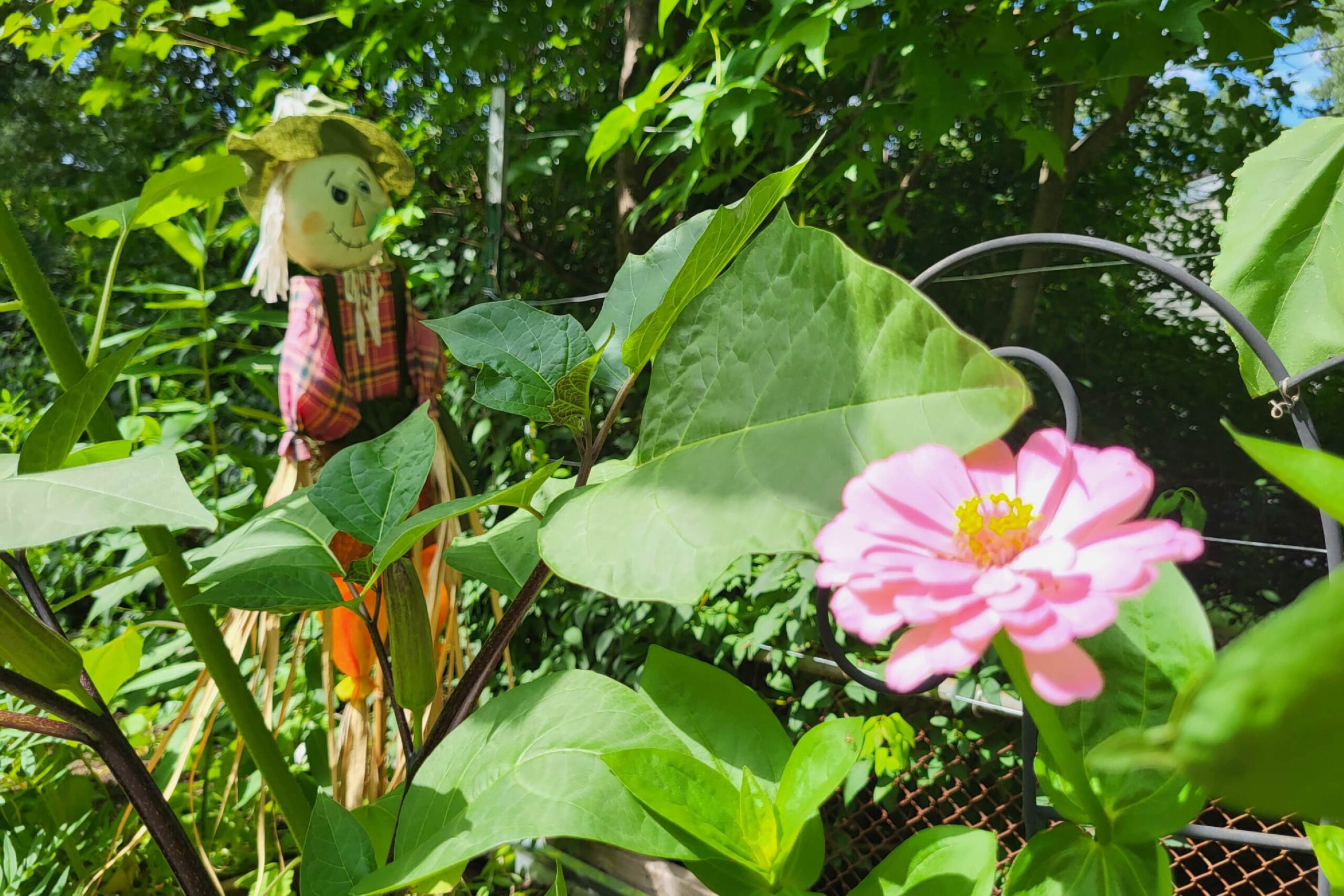


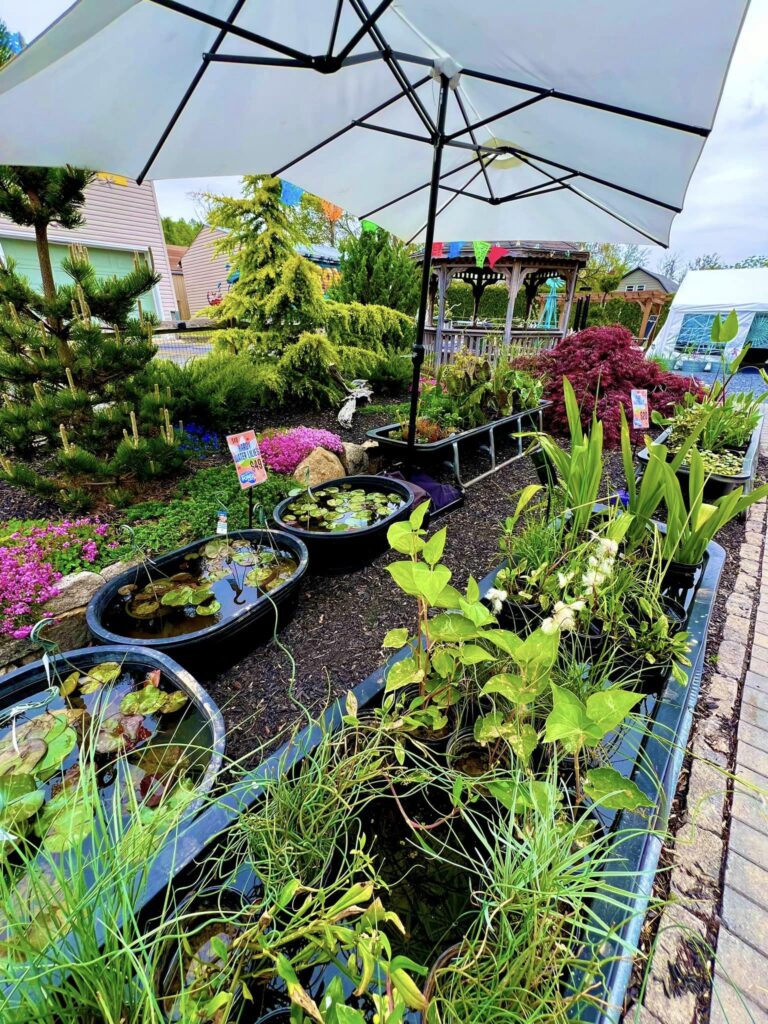
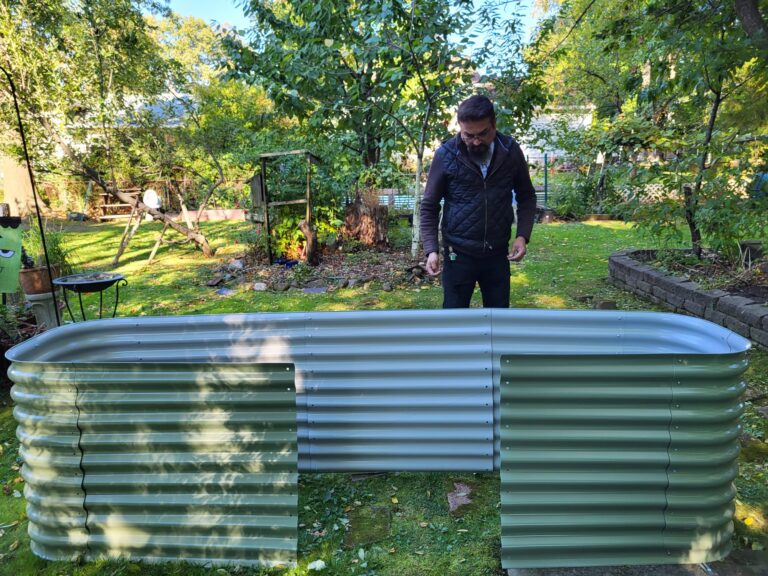


I do not even know how I ended up here but I thought this post was great I do not know who you are but certainly youre going to a famous blogger if you are not already Cheers
Thank you for your kind comments!
What i dont understood is in reality how youre now not really a lot more smartlyfavored than you might be now Youre very intelligent You understand therefore significantly in terms of this topic produced me personally believe it from a lot of numerous angles Its like women and men are not interested except it is one thing to accomplish with Woman gaga Your own stuffs outstanding Always care for it up
Thank you for your kind comments!
I do not even know how I ended up here but I thought this post was great I dont know who you are but definitely youre going to a famous blogger if you arent already Cheers
Thank you for your kind comments!
Simply Sseven I appreciate you sharing this blog post. Thanks Again. Cool.
Thank you for following us!